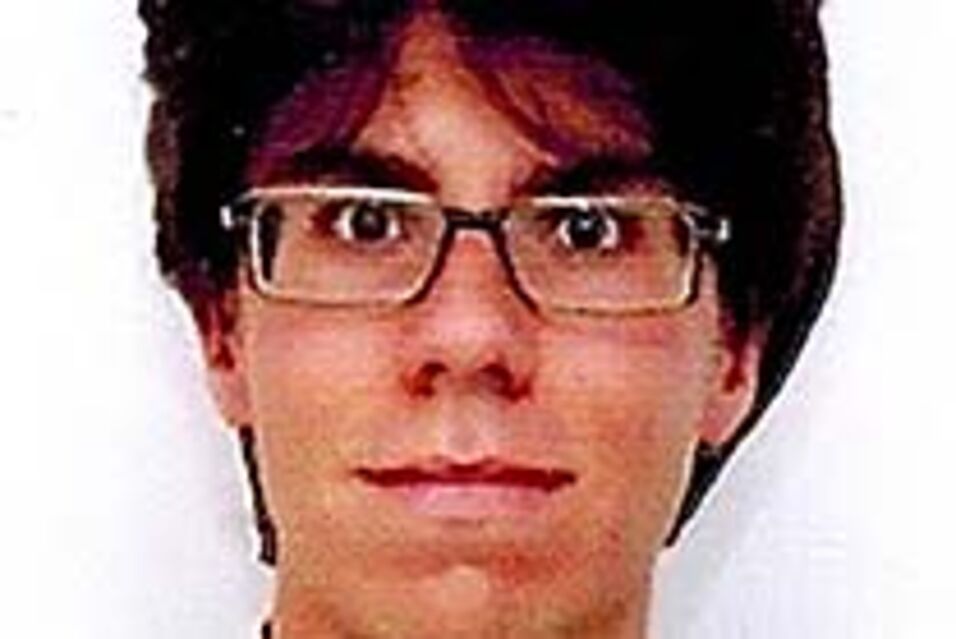- Sie forschen zum Thema Whittaker periods of isobaric sums over totally real fields and special L-values. Beschreiben Sie Ihr Forschungsprojekt in drei Sätzen.
In meinem Forschungsprojekt geht es um sogenannte automorphe L-Funktionen: Diese stellen eine weitgehende Verallgemeinerung der berühmten Riemannschen Zeta-Funktion dar, die uns bedeutende Aufschlüsse über eines der größten Geheimnisse der Zahlentheorie (und der Mathematik überhaupt) gibt, nämlich über die Verteilung der Primzahlen. Die Werte der Zeta-Funktion gelten dabei als besonders wichtiges Untersuchungsobjekt; zum Beispiel gehört die sogenannte Riemannsche Vermutung über Nullstellen der Zeta-Funktion zu den sieben wichtigsten ungelösten mathematischen Problemen unserer Zeit („Millennium Prize Problems“). In meinem Projekt konzentriere ich mich auf gewisse Werte von automorphen L-Funktionen und versuche zu zeigen, dass sie ähnlichen Gesetzmäßigkeiten gehorchen, wie jene, die bei der Zeta-Funktion beobachtet werden.
- Was war für Sie die größte Herausforderung bei der uni:docs Bewerbung und wer hat Sie dabei besonders unterstützt?
Bei der Bewerbung für das Uni:docs-Stipendium musste ich mein Forschungsprojekt so präsentieren, dass es ein breites Publikum – nämlich sowohl FachexpertInnen als auch Laien – als förderungswürdig ansehen würde. Das war für mich teilweise eine Herausforderung und ich war an vielen Stellen dankbar, dass ich mich auf die Erfahrung und den hilfreichen Rat meines Betreuers stützen konnte.
- Zum Abschluss noch eine persönliche Frage: Wann stand für Sie fest, eine wissenschaftliche Karriere einzuschlagen. Gab es Schlüsselerlebnisse?
Irgendwie war es für mich schon immer klar, dass ich Mathematik studieren würde, aber erst während des Studiums habe ich mich mit dem Gedanken auseinandergesetzt, den Weg der Forschung einzuschlagen.
- Zur Person
Mein Name ist Giancarlo Castellano und ich bin Doktoratsstudent der Mathematik, genauer der Zahlentheorie, an der Universität Wien; in meiner Forschung geht es um spezielle Werte von automorphen Rankin-Selberg L-Funktionen. Ich habe in Wien auch mein Bachelor- und Masterstudium mit Schwerpunkt auf Algebra und Zahlentheorie absolviert – die Sekundarbildung habe ich hingegen in meiner Heimat (Italien) abgeschlossen – und ich bin Mitglied der Vienna Doctoral School (VDS) Mathematics. Weiters bin ich gerne in der Lehre tätig und halte derzeit Lehrveranstaltungen an der Universität Wien sowie an der Pädagogischen Hochschule Burgenland. Zu meinen weiteren Interessen zählt unter anderem die Sprachwissenschaft.

